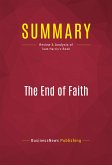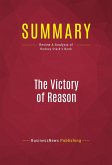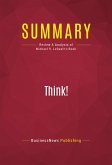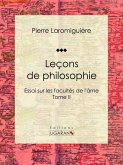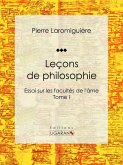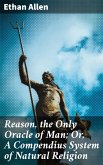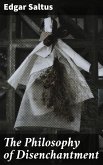In "Rationalism," J. M. Robertson embarks on a comprehensive exploration of the philosophical movement that emphasizes reason as the primary source of knowledge, diverging sharply from tradition and dogma. Utilizing a lucid and incisive literary style, Robertson navigates through the intellectual currents of the Enlightenment, examining figures such as Descartes, Spinoza, and Kant, and critiques their contributions and shortcomings. The text is not merely a historical account; it is a rigorous philosophical discourse that places rationalism within the broader tapestry of Western thought, thus providing valuable insights into its enduring relevance and implications in contemporary debates surrounding logic and belief. J. M. Robertson, a notable figure in the intellectual landscape of his time, was deeply influenced by the currents of philosophical thought surrounding him. His commitment to the principles of rational inquiry and critical thinking likely drove him to engage with rationalism as a discipline. As a prolific writer and a recognized literary critic, Robertson'Äôs extensive knowledge of literature, philosophy, and the socio-political context of his era sheds light on the motivations and framework underlying this examination of rational thought. This book is highly recommended for readers seeking to deepen their understanding of philosophical rationalism, its historical significance, and its modern implications. Scholars, students, and anyone intrigued by the interplay between reason and belief will find Robertson'Äôs arguments not only illuminating but essential for grasping the complexities of human thought in an age marked by rapid change and uncertainty.
Dieser Download kann aus rechtlichen Gründen nur mit Rechnungsadresse in A, B, BG, CY, CZ, D, DK, EW, E, FIN, F, GR, H, IRL, I, LT, L, LR, M, NL, PL, P, R, S, SLO, SK ausgeliefert werden.



